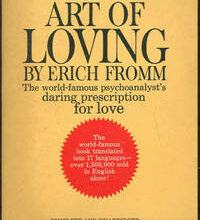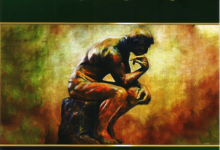Albert Kamy-The Myth of Sisyphus

Albert Kamy-Miti i Sizifit

The book contains twelve essays divided into two sections. The book deals with what Kamy calls “absurd.” The first section contains essays related to absurdity, suicide, absurd walls and absurd freedom while the second section illustrates the absurd works and creations of other authors, writers and philosophers. The essay from which the book “The Myth of Sisyphus” takes its name, deals with the story of Sisyphus who is punished by the gods with a meaningless task. According to Kamy, he finds happiness when he becomes aware and accepts his hopeless state. Kamy compares Sisyphus’s condition to the daily work and human routines in modern societies that enslave people and make them forget who they really are.
If this myth is tragic, it’s because his hero is aware. Indeed, what value would his suffering have if each step nurtured the hope of succeeding?
Today’s worker works all his life in the same workplace and his fate is no less absurd. But he is not tragic, except in rare cases when he becomes aware. Sisyphus, the proletarian of the gods, helpless and revolted, knows the whole extent of his miserable condition: during the descent he thinks of it.
Clarity, which should have caused him suffering, realizes, at the same time, his victory. There is no luck in not being defeated by contempt.
… But Sisyphus advises supreme allegiance, which denies the gods and lifts the rocks. He too thinks everything is fine. This universe, already without a god, seems neither fruitless nor useless.
Every grain of this stone, every mineral glow of this mountain immersed in darkness, forms in itself a world. The fight against the peaks alone is enough to fill the human heart. We must imagine Sisyphus happy.






